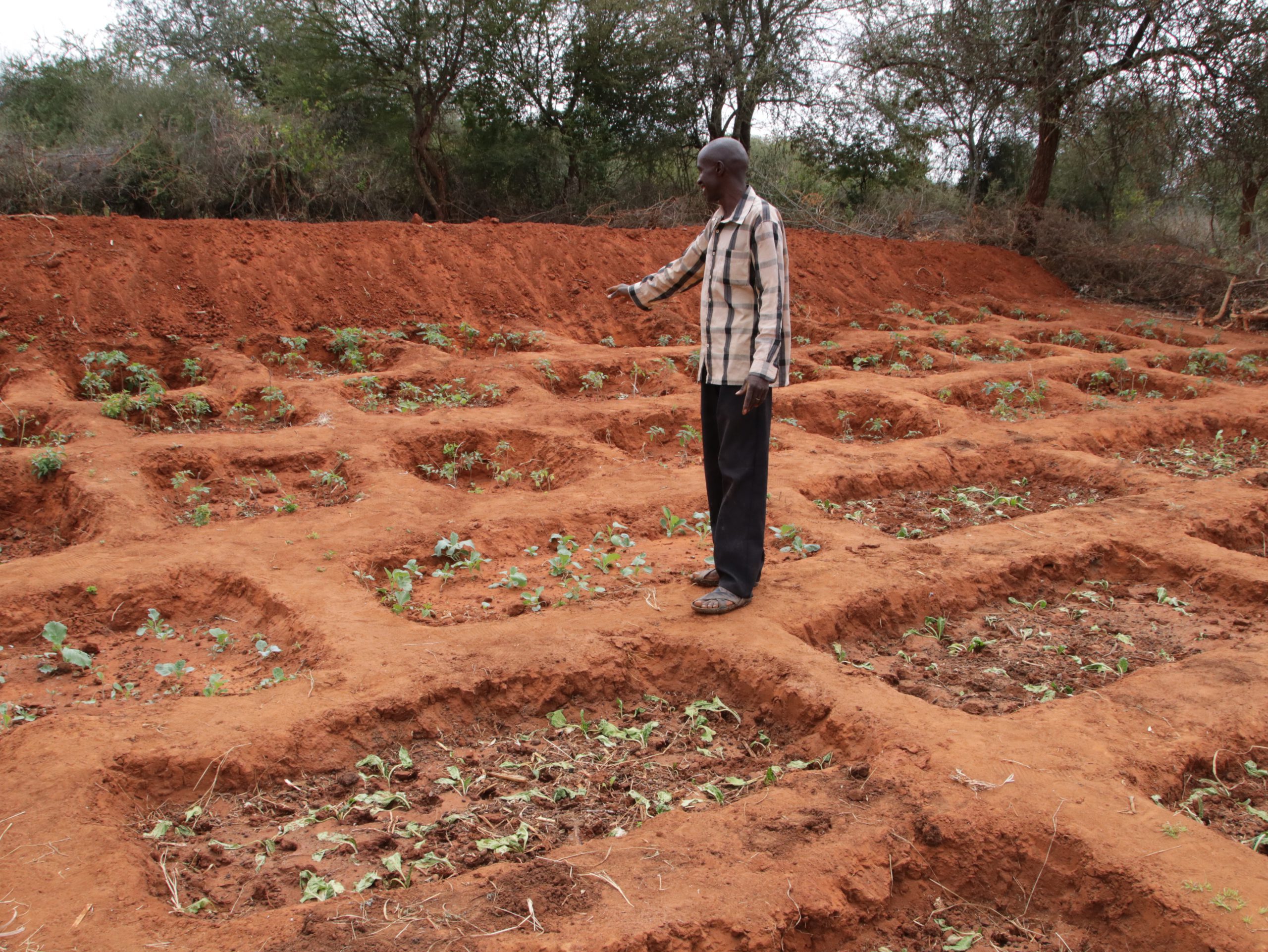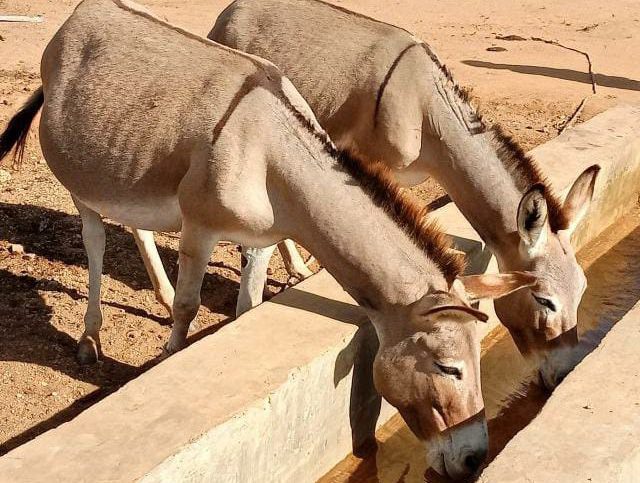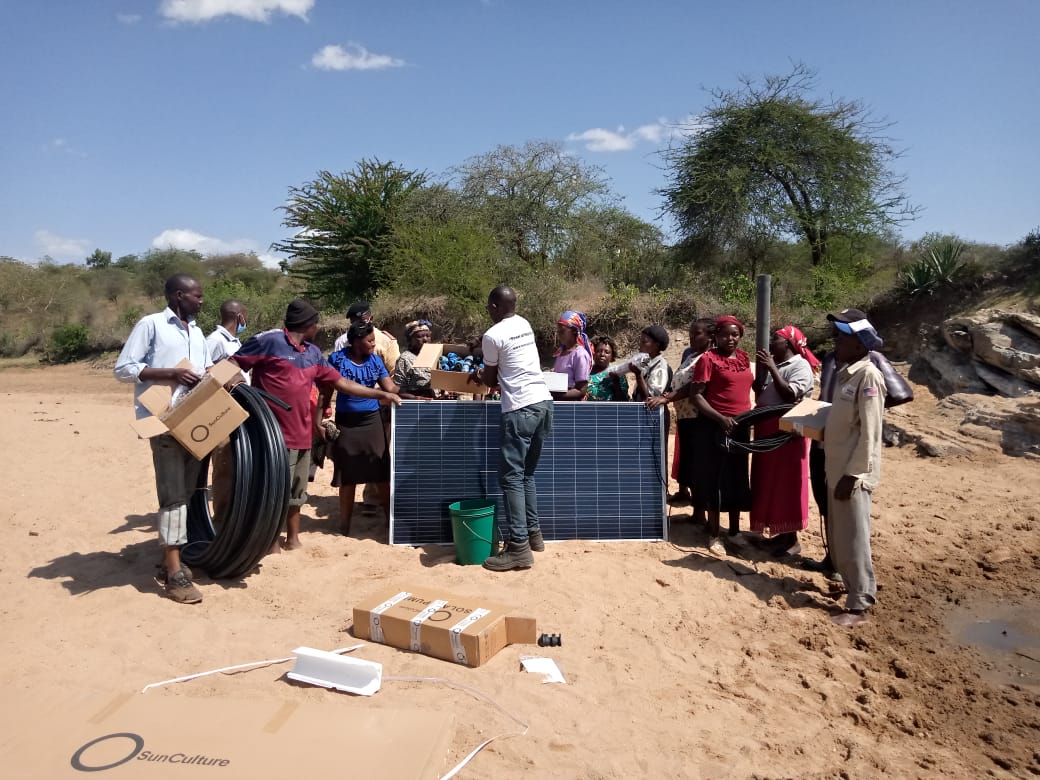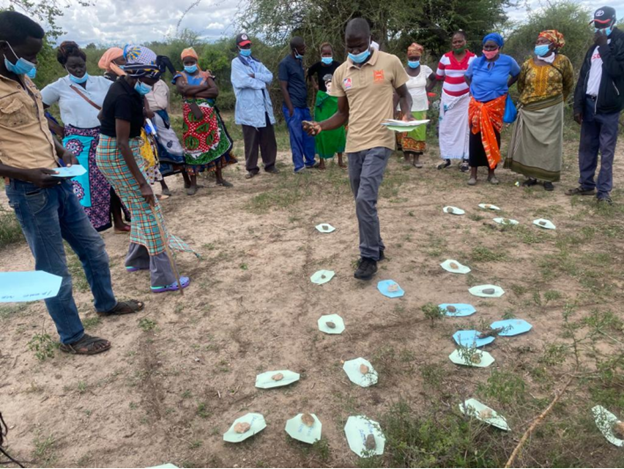Inades-Formation Kenya
NATIONAL ASSOCIATION SINCE 2012
Key figures
4,794 people benefited
204 organizations supported
07 completed projects
Story
The Inades-Formation office in Kenya was established in early 1978.
On June 5, 1978, it was incorporated as a non-profit corporation for rural development through distance education.
In December 1993, the Inades Formation office in Kenya was registered as a non-governmental organization under the NGO Coordination Act, with the mandate to work in Kenya for social and economic development. It starts its activities in Makueni and in the districts of Machakos with expansion projects in the district of Kitui. Later in 2009, it spreads its wings in the Kitui district, particularly in Matinyani, in the Kauma sub-site.
In 2012, the organization changed its name to Inades-Formation Kenya (IFK) after acquiring National Association (NA) status as a member of the Inades-Formation network. The organization joined the Kenya NGO Coordinating Council in April 2012.
Inades-Formation Kenya works for the economic and social development of populations with particular emphasis on their free and responsible participation in the transformation of their societies. Its working approach is “Stimulation and Support of Development Alternatives at the service of the Common Good (SAADEV).
Projects
Inades-formation Kenya bodies
1. The General Assembly
The General Assembly is the supreme organ of the association. It determines the general orientations of the activity of the Association and the objectives to be pursued.
2. The Executive Committee
The Executive Committee has the most extensive powers on behalf of the National Association in matters of administration. In particular, it has the powers of:
- Appoint the Director of the National Office and submit it to the approval of the President of the International Association
- Ensure the application of the decisions of the General Assembly;
- Approve the action plan;
- Approve the Annual Work Plan (PTA) and the corresponding budget;
- Read more ….
3. The Supervisory Board
The Supervisory Board has the following missions, among others:
- Monitor the achievement of the Association’s corporate purpose;
- Periodically monitor the Association’s expenses and suggest ways and means of optimizing the budget for overheads;
- Follow the management of the association by the Executive Committee and offer advice for improvement if necessary;
- Ensure the preservation of heritage;
- Ensure compliance with legal and regulatory requirements as well as the decisions of the bodies.
4. The National Office

Mr. Joseph Munywoki
Managing Director

Mr. Maingi Patrick Kioko
Director of administration and finance

Mr. Mutua John Wambua
Director of Programs

Mr. Onesmus Mwangangi
Project Officer – Lobby, Advocacy and Inclusive Governance

Mr. Oscar Silali
Project Officer – Livestock Value chain
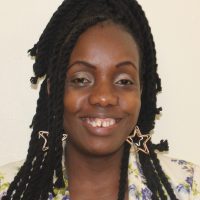
Mrs. Esther Mutinda
Community Engagement Officer – Donkey Welfare Project
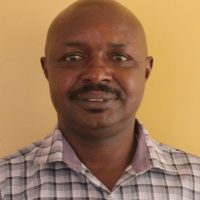
Mr. Gitonga Nicholas
Project Officer – Crop Value Chain

Mr. David Musau
Project Officer – Solidarity Fund for Development

Mrs. Hellen Mangói
Project Officer – Watershed management

Mrs. Mercy David
Project Officer – Self Help Group Approach

Mr. Barack Ougo
Project Officer – Donkey Welfare Project

Mrs. Muithya Jacinta
An accountant

Mrs. Bendatte Kimanthi
Office Administrator

Mr. Kavumbi Stephen
Driver

Mrs. Mutungi Anne
Administrative assistant

Mr. Owuor Collins
Project Officer -Climate resilience and good agricultural practices
Contact Inades-Formation Kenya
Phone
+254 020 26 35 606
Geographic address
PO Box 1905 90 100 Machakos
Machakos-Wote Rd. Opp. Century Park
Kenya
E-mail address
inadesformation.kenya@inadesfo.net

